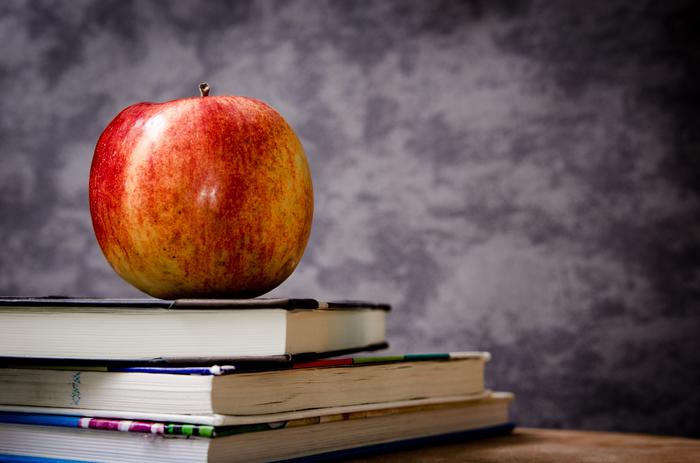Education
In addition to the core task of realizing exercise programs for all members of the university, university sports are part of the interdisciplinary educational offer as part of a university course. The sport itself and the organization of the offer offer numerous educational opportunities to acquire special qualifications.
In university sports, students have the opportunity to acquire knowledge of an active and "lively" lifestyle and to compensate for incorrect stress caused by everyday motor skills through targeted exercise programs. Diverse experiences in this area lead to a decision-making competence about what constitutes a good sport offer for you and helps you to discover a "lifetime sport".
In university sports, of course, abilities and skills for realizing “new” forms of movement with one's own motor can be acquired and in some sports - for example surfing, sailing or martial arts - the corresponding specialist licenses or degrees can be acquired. In the context of the bachelor's degree, however, a special objective is to improve so-called “employability” by strengthening “key competencies”. This has created further educational potential for university sports.
On the one hand, this applies to the level of participation in university sports itself. Student employees have long been an important part of the university sports team and experience an extensive field of training for "soft skills" as part of their work through the various types of offers and events. But students also have the opportunity to expand their skills by working as a trainer, as a supervisor in sports, as chairwoman or chairman in competitive sports.
University sports offer "practice-oriented communication, emotionally stimulating fields of activity, holistic curricula, existing infrastructures and communication channels, trained staff and cross-faculty integration".
(Göring, Frieling; 2007, In "Quo Vadis Hochschulsport", Soft-Skills und Hochschulsport, p. 39, Universitätsverlag Göttingen)
